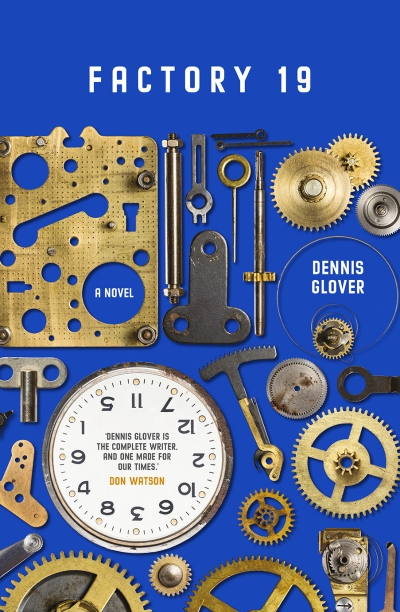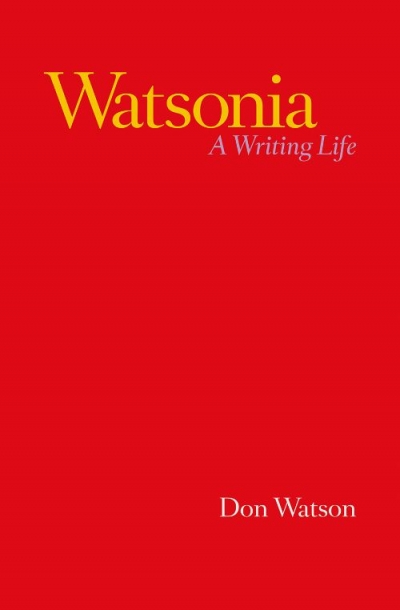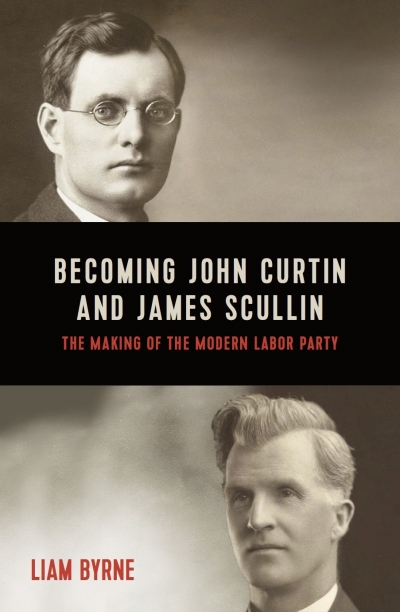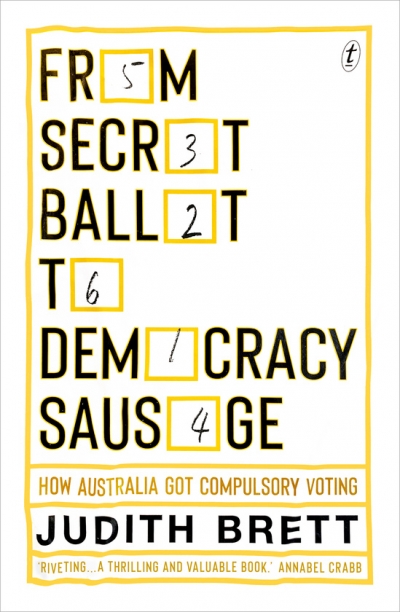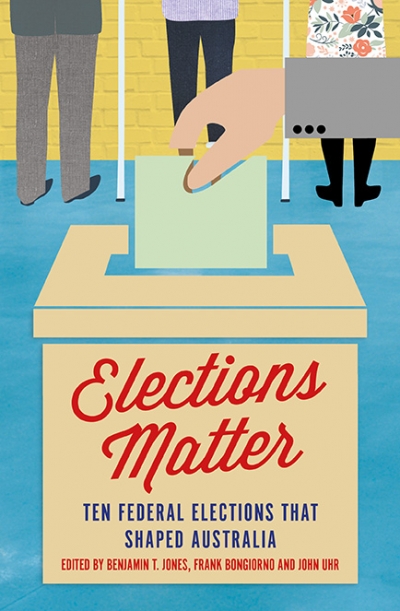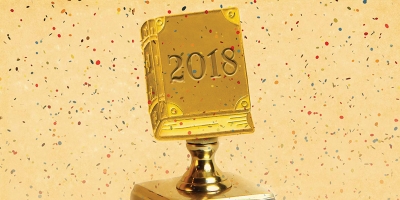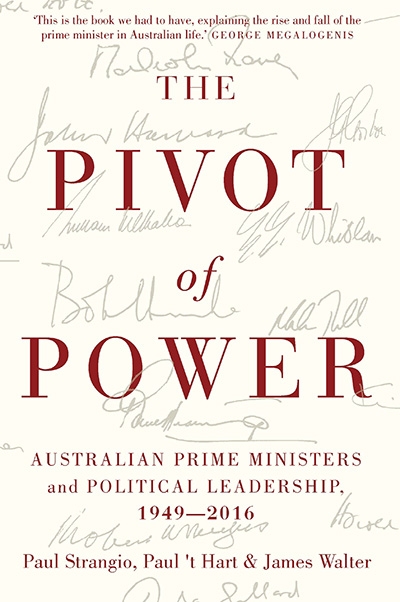Frank Bongiorno
Sign up to Book of the Week and receive a new review to your inbox every Monday. Always free to read.
Recent:
Becoming John Curtin and James Scullin: The making of the modern Labor Party by Liam Byrne
by Frank Bongiorno •
From Secret Ballot to Democracy Sausage: How Australia got compulsory voting by Judith Brett
by Frank Bongiorno •
Elections Matter: Ten federal elections that shaped Australia edited by Benjamin T. Jones, Frank Bongiorno, and John Uhr
by Lyndon Megarrity •
To celebrate the best books of 2018, Australian Book Review invited nearly forty contributors to nominate their favourite titles. Contributors include Michelle de Kretser
... (read more)The Pivot of Power: Australian prime ministers and political leadership 1949–2016 by Paul Strangio, Paul ‘t Hart, and James Walter
by Frank Bongiorno •
To celebrate the best books of 2017 Australian Book Review invited nearly forty contributors to nominate their favourite titles. Contributors include Michelle de Kretser, Susan Wyndham, James Ley, Geordie Williamson, Jane Sullivan, Tom Griffiths, Mark Edele, and Brenda Niall.
... (read more)

